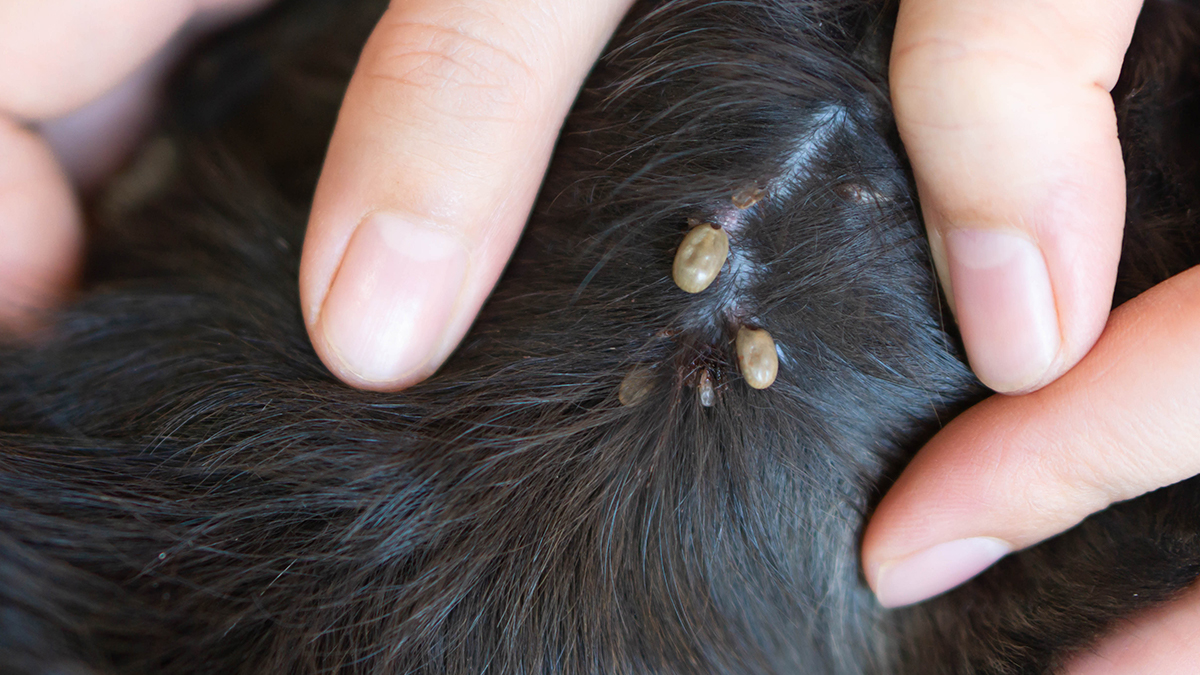
The UK government has lately unveiled a strategic initiative aimed at addressing the pollution of UK waterways by pesticides utilized in pet treatments for fleas and ticks. This initiative confronts the presence of two particular pesticides—fipronil and imidacloprid—frequently found in pet shampoos, spot-on treatments, and insect-repelling collars for cats and dogs. These chemicals have been identified in UK rivers and lakes at levels that jeopardize aquatic ecosystems.
The government’s plan comprises three pivotal phases designed to decrease these substances in the environment while ensuring animal welfare. The initial phase concentrates on enhancing communication and education to promote awareness among pet owners regarding the proper application and disposal of flea and tick treatments. The second phase entails collecting evidence to achieve a thorough understanding of the environmental effects of these chemicals and evaluating how modifications in their usage could impact animal and human health. The concluding phase encompasses reviewing international standards on environmental risk assessment and examining future regulatory strategies to mitigate these risks.
Sue Hayman, biosecurity minister for the Department for Environment, Food and Rural Affairs, highlighted the government’s commitment to restoring nature and alleviating chemical-related damage in the environment. She noted that the roadmap seeks to improve comprehension of the impacts of flea and tick treatments on nature while acknowledging their significance for both pet and human health.
This initiative follows a recent study that disclosed contamination of songbird nests with fipronil and imidacloprid, associated with reduced hatching success and chick mortality. Furthermore, research has raised concerns about possible harm to pollinators such as bees due to these chemicals. In response to such discoveries, the EU significantly curbed the use of both pesticides in 2013 and enforced a total ban in 2019. The UK’s proactive measures reflect a continuous commitment to harmonizing environmental integrity with the needs of public and animal health.